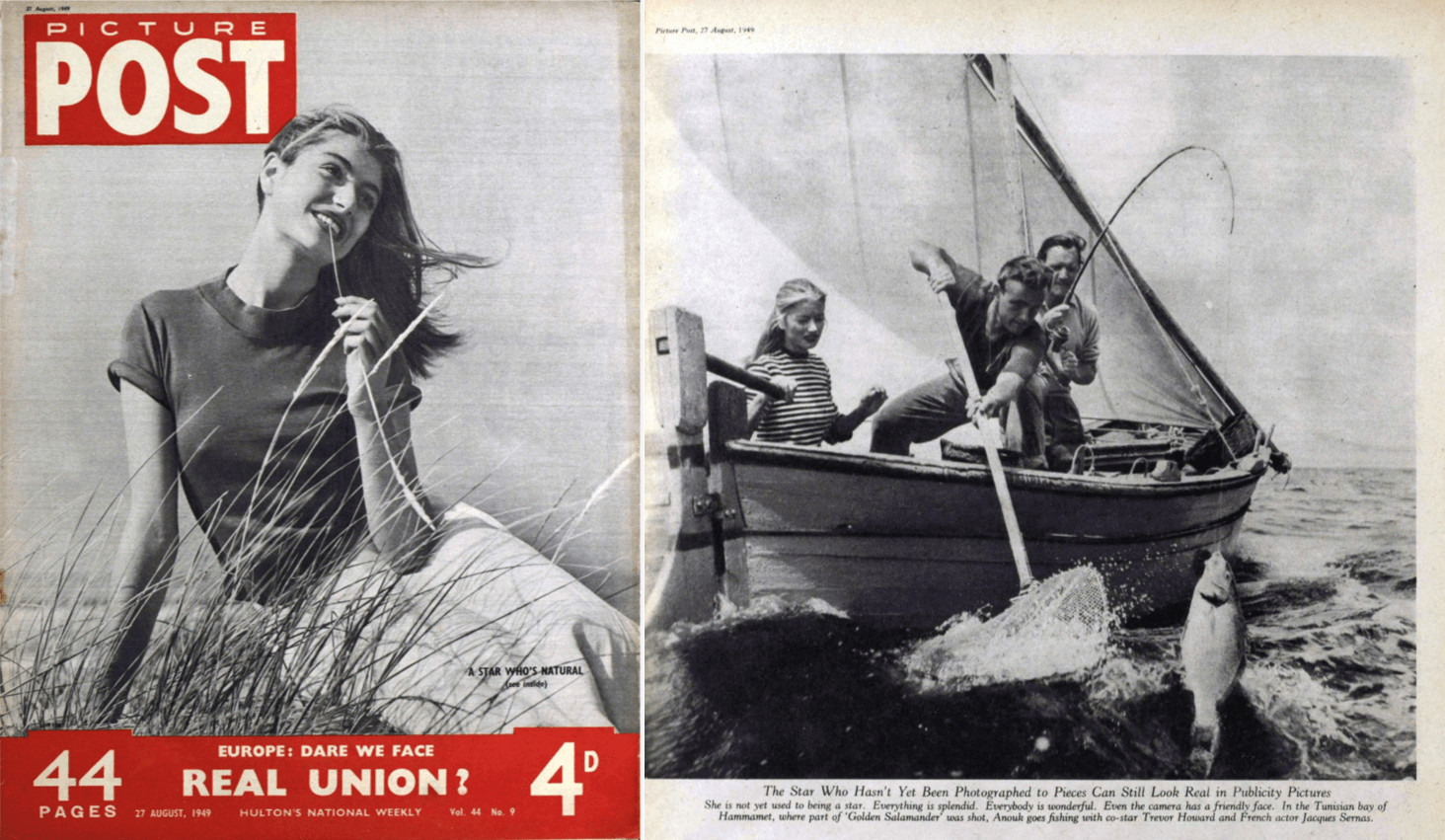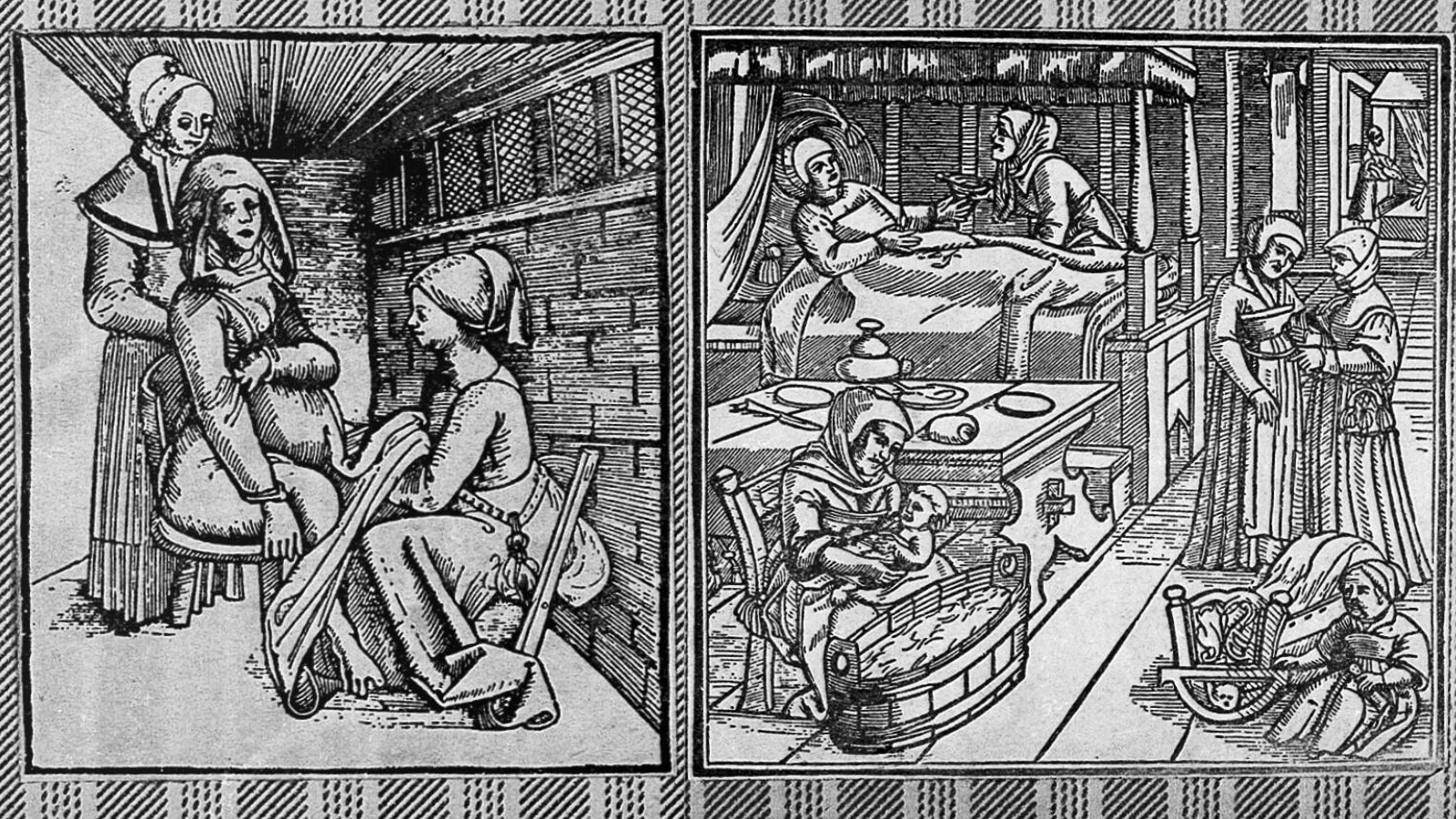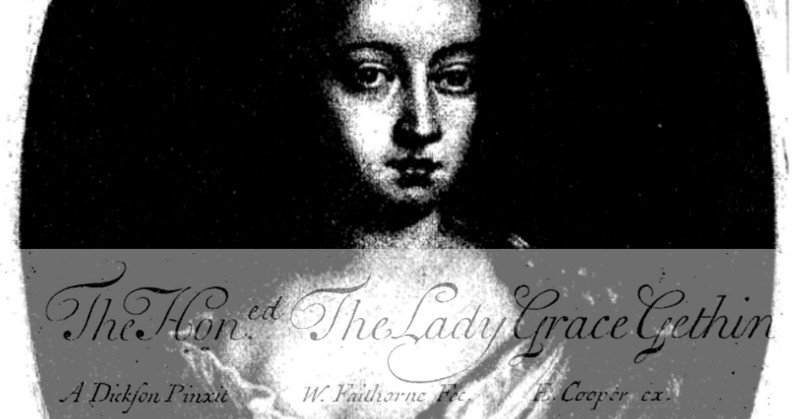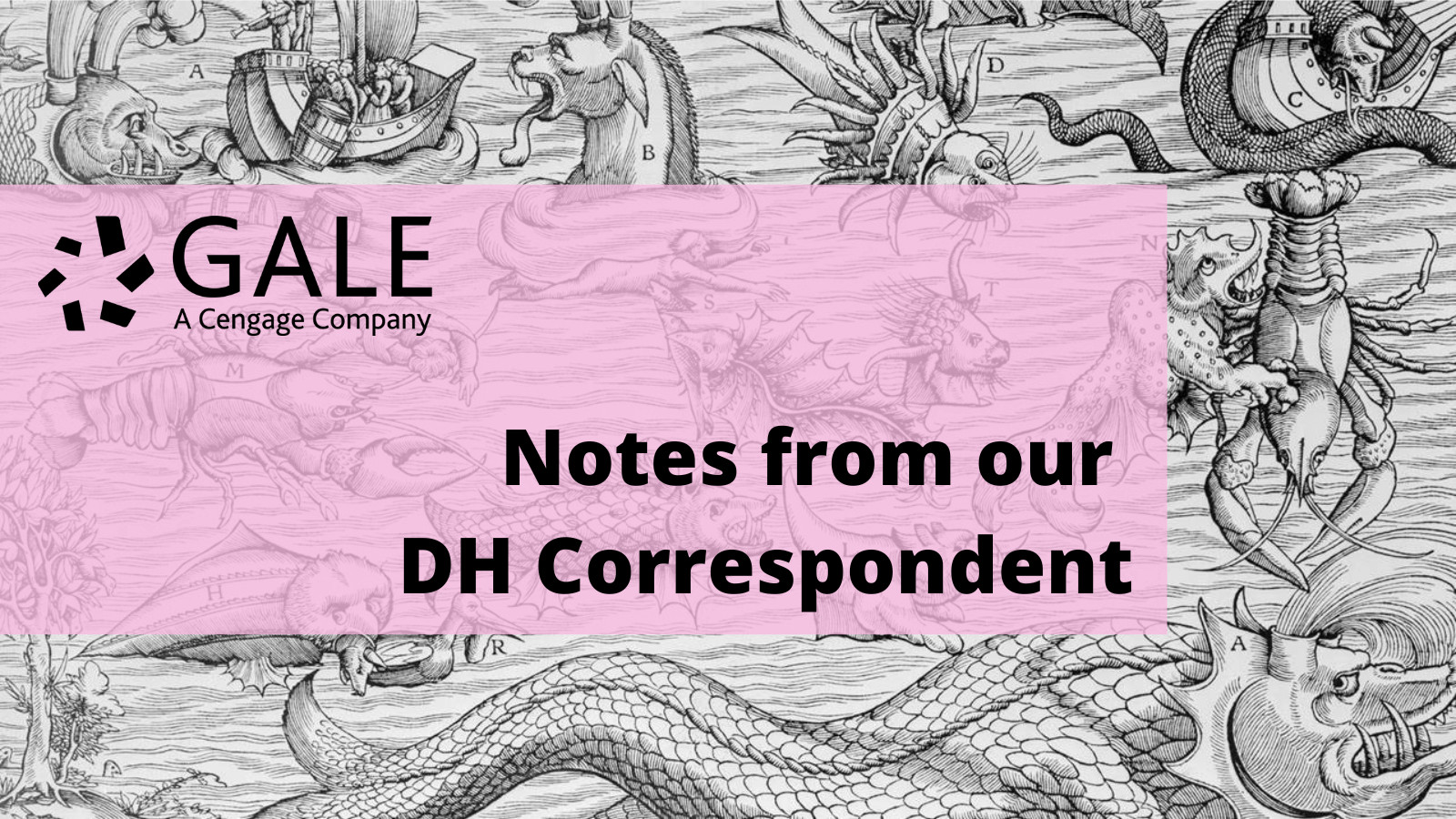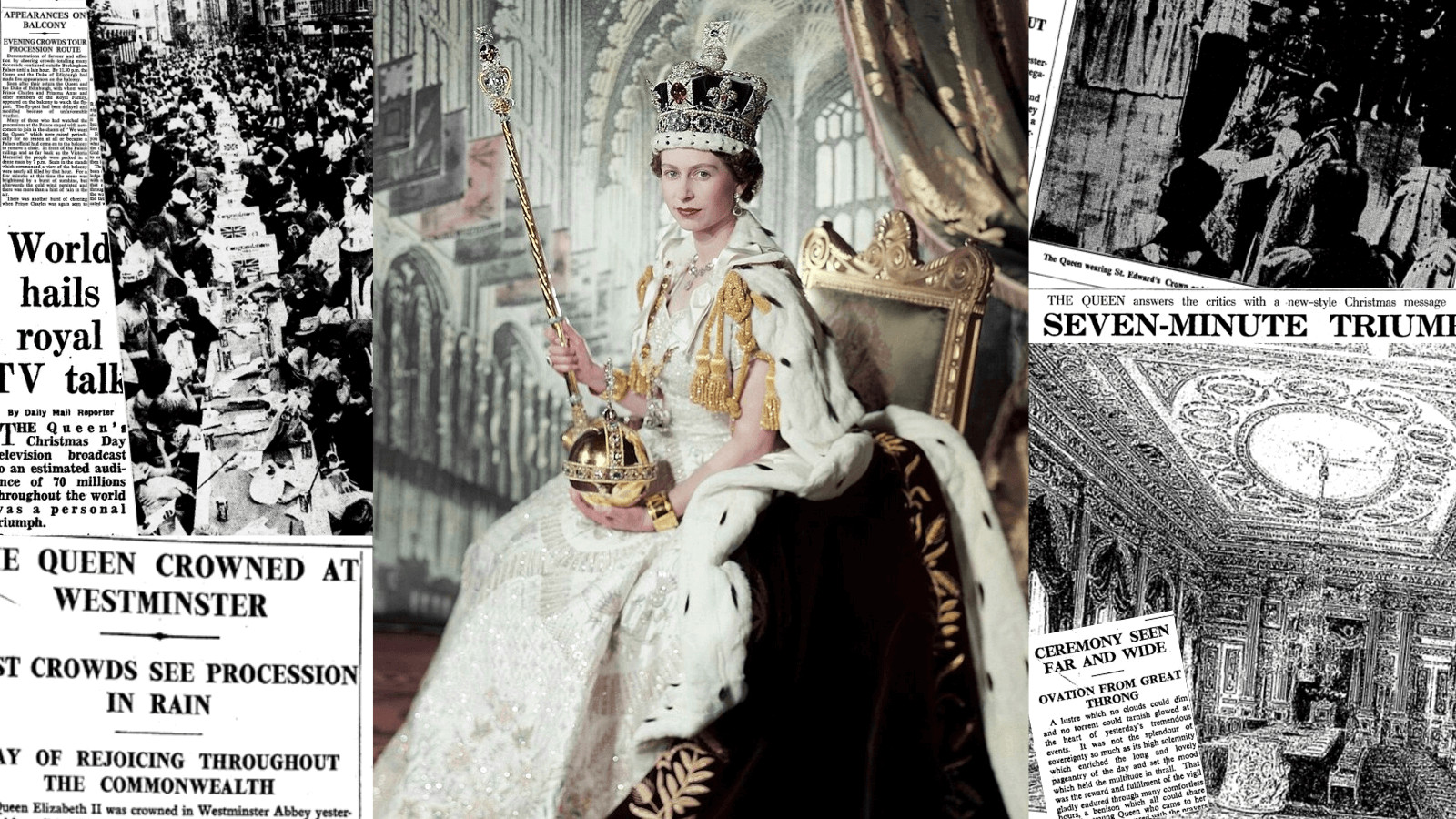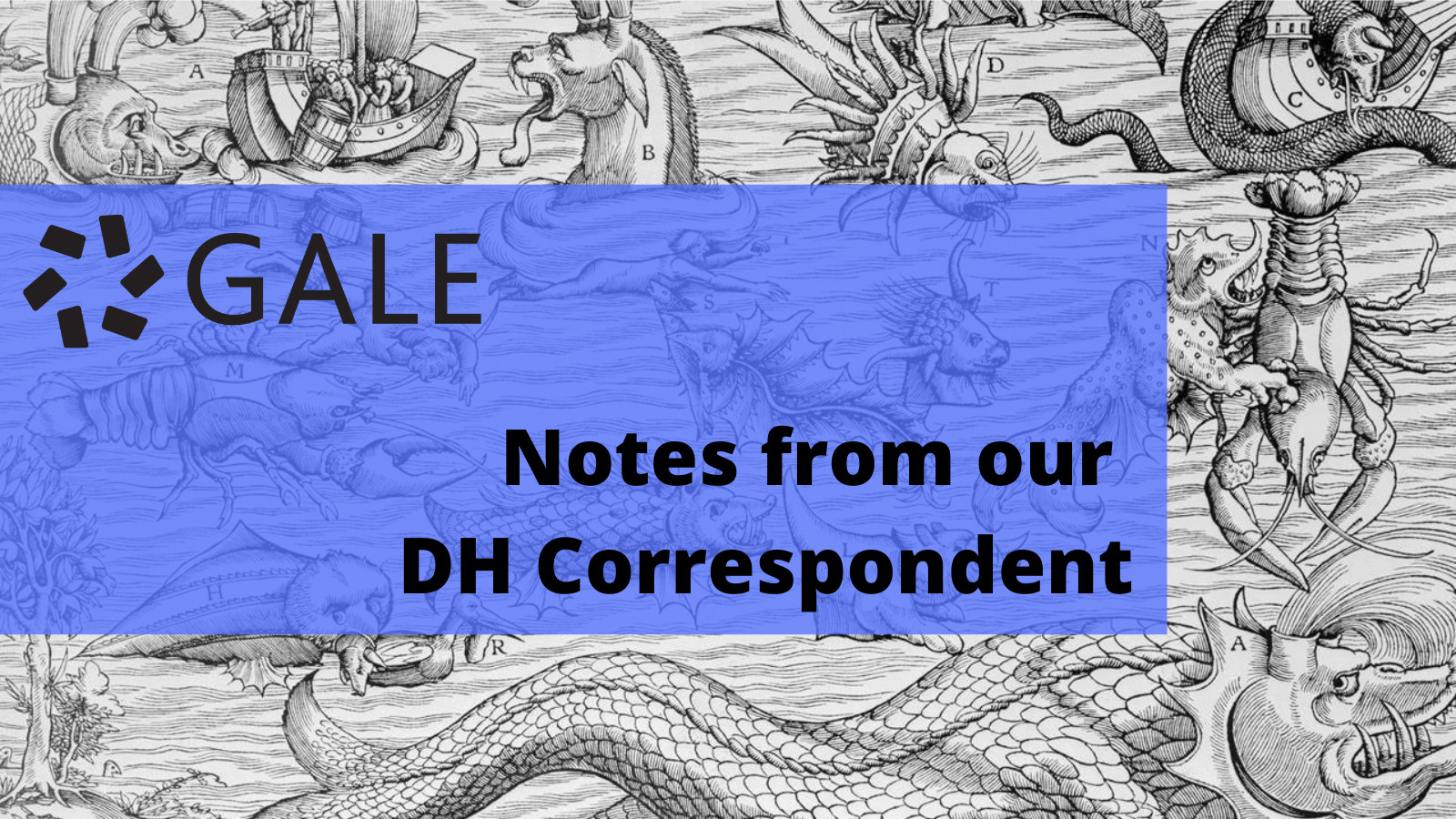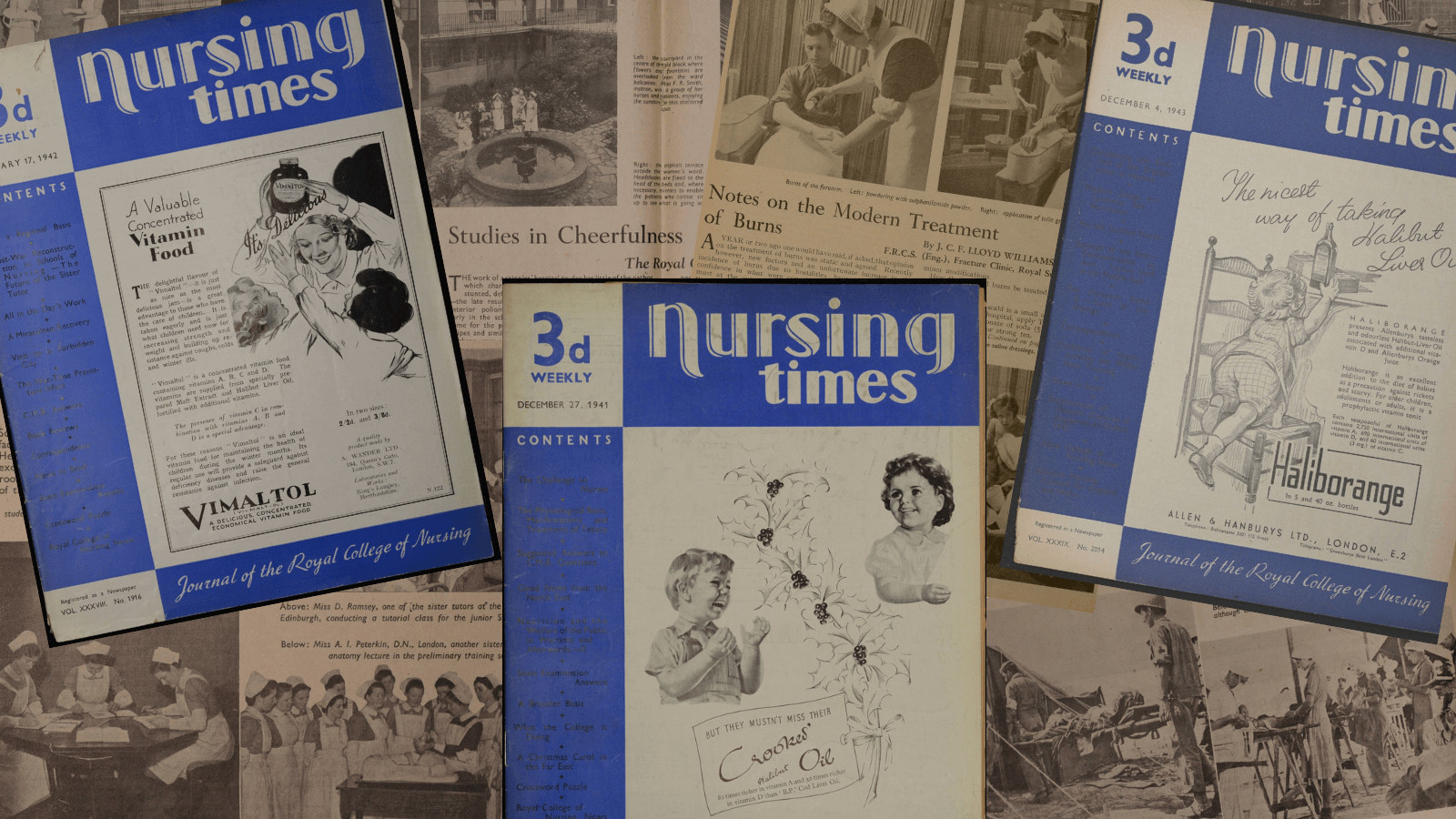│By Phoebe Sleeman, Gale Ambassador at Durham University│
Photographs are something we all now regularly take for granted. I have already taken a multitude of pictures today – some carefully crafted, others on the spur of the moment. What does this seemingly mundane and ordinary act of photographing bring to a study of history, and why should photographs be included within archives?
Photographs are not normative written sources which leads some to be sceptical of their historical value. Others assert that photographs contain less historical bias as they show the reality of what occurred in the past. Neither of these attitudes are helpful. Instead, using Gale’s Picture Post Historical Archive, an example of the intersection of photography, writing and the beginning of photojournalism, I will dissect the value of ‘Photographic Histories’ as an area of study and assess the usefulness of such an archive.

